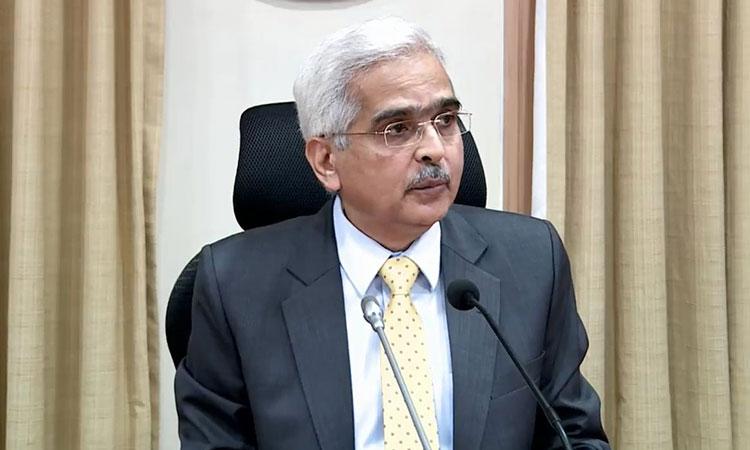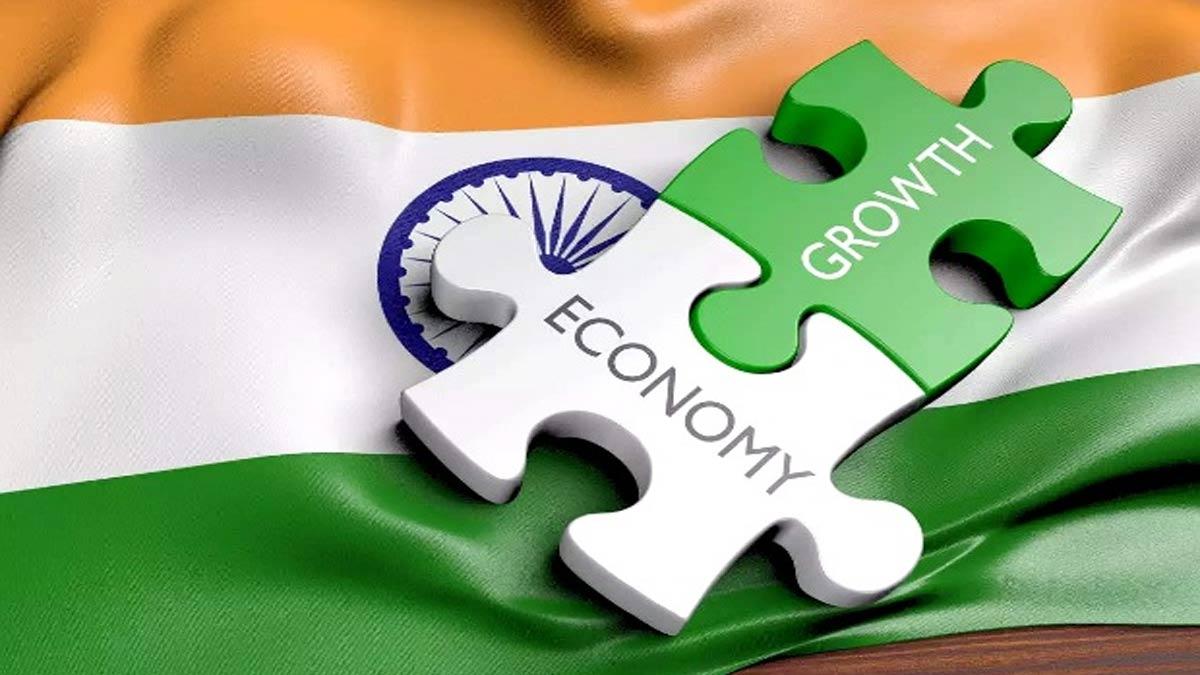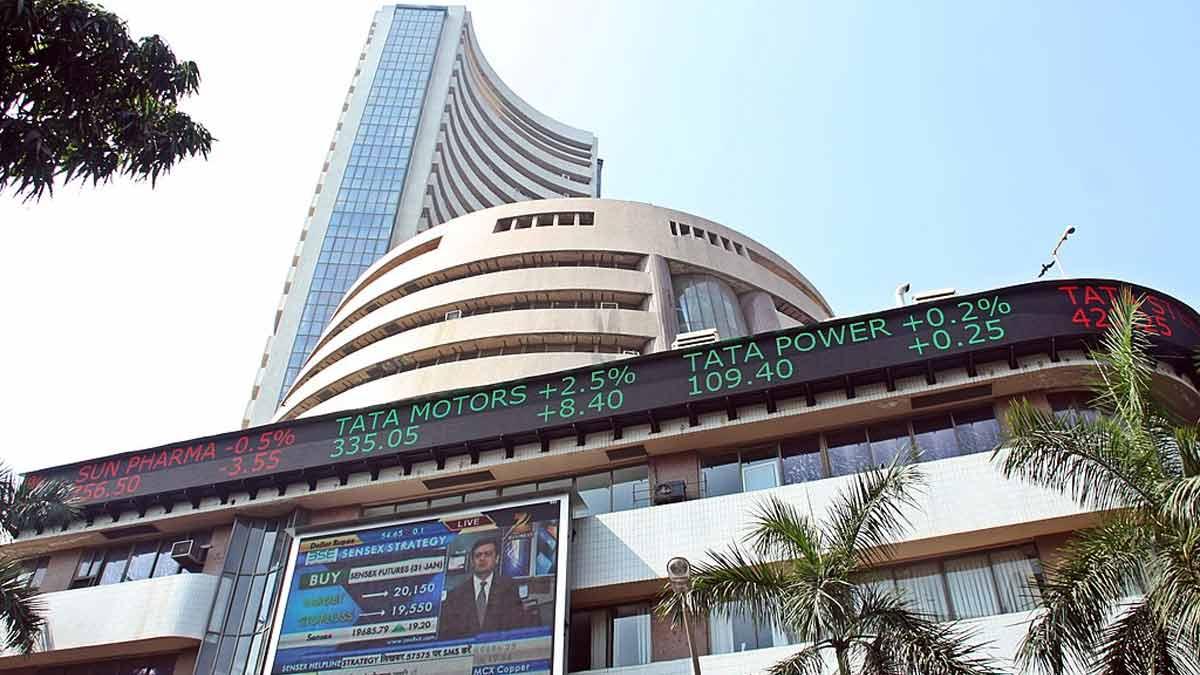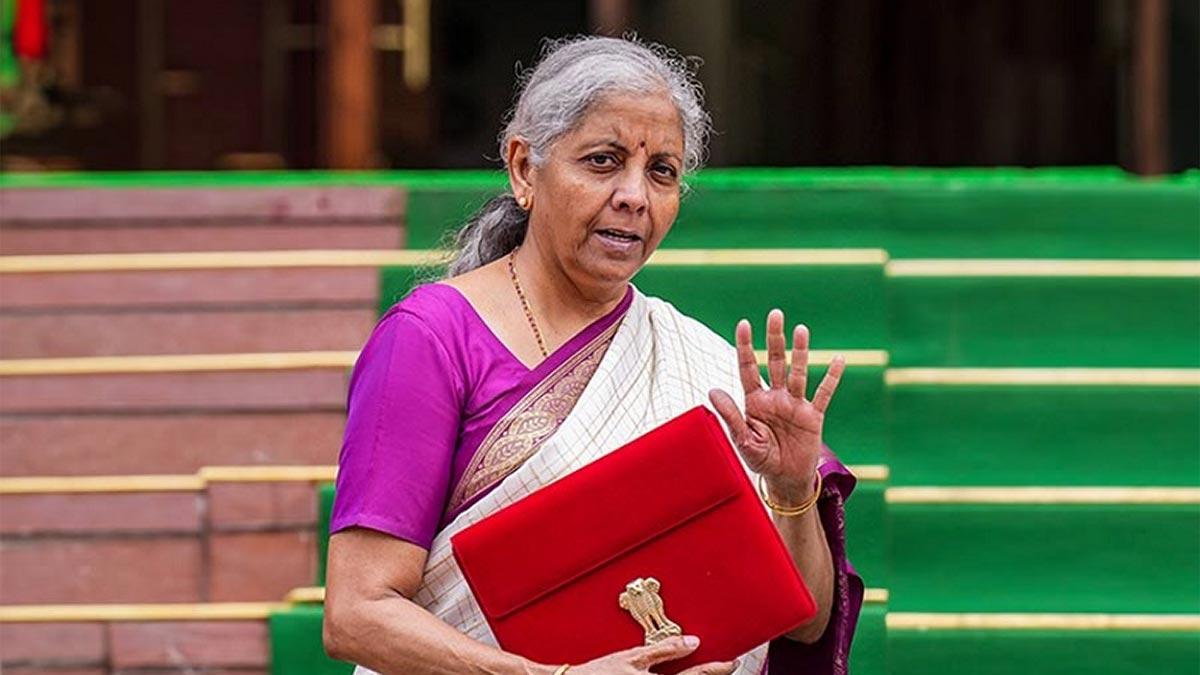The Reserve Bank of India (RBI) has decided to enhance the mandates of United Payment Interface (UPI), expand the scope of Bharat Bill Payment System (BBPS) and ensure privacy of people in the case of digital currency transactions, said Governor Shaktikanta Das on Wednesday.
He also said the newly launched digital currency was similar to cash and there need not be any fear about lack of privacy.
Announcing the Monetary Policy Committee's (MPC) decision to increase the repo rate by 35 basis points to contain inflation, Das said the UPI has turned out to be the most popular retail payments system in India.
It currently includes functionality to process payment mandates for recurring as well as single-block-and-single-debit transactions.
Over 70 lakh autopay mandates are handled every month and more than half of Initial Public Offer (IPO) applications are processed using the block feature of UPI.
Going forward, the capabilities in UPI will be further enhanced by introducing single-block-and-multiple-debits functionality.
This facility will enable a customer to block funds in his/her account for specific purposes, which can be debited whenever needed. This will significantly enhance the ease of making payments for investments in securities including through the Retail Direct platform as well as e-commerce transactions, Das said.
Similarly, the BBPS has been expanding since its launch in 2017 and now handles recurring bill payments for merchants and utilities and does not cater to non-recurring bills, Das said.
It also does not cater to bill payments or collections such as payment of fees for professional services, education fees, tax payments, rent collections and others for individuals even if those are recurring in nature.
Therefore, the scope of BBPS is being enhanced to include all categories of payments and collections, both recurring and non-recurring, and for all categories of billers (businesses and individuals).
This will make the BBPS platform accessible to a wider set of individuals and businesses who can benefit from the transparent payments experience, faster access to funds and improved efficiency.
Explaining the difference between the UPI and newly launched Central Bank Digital Currency (CBDC) or e-rupee Das said in the case of the former, a bank will be there for intermediation.
On the other hand, in the case of CBDC, it is like cash on hand or cash on the phone, he said.
"The digital currency will be kept on the wallet in the phone. It will be transferred from one person's wallet to another," Das said.
Also read | Rupee has behaved in an orderly manner, says RBI Governor
Queried on the privacy offered by the digital currency as against the hard cash, Das said the central bank does not track the transactions.
He said, these are early days for the CBDC and the pilot in retail payments has begun now.
Das said let there be no fear as regards privacy.


















